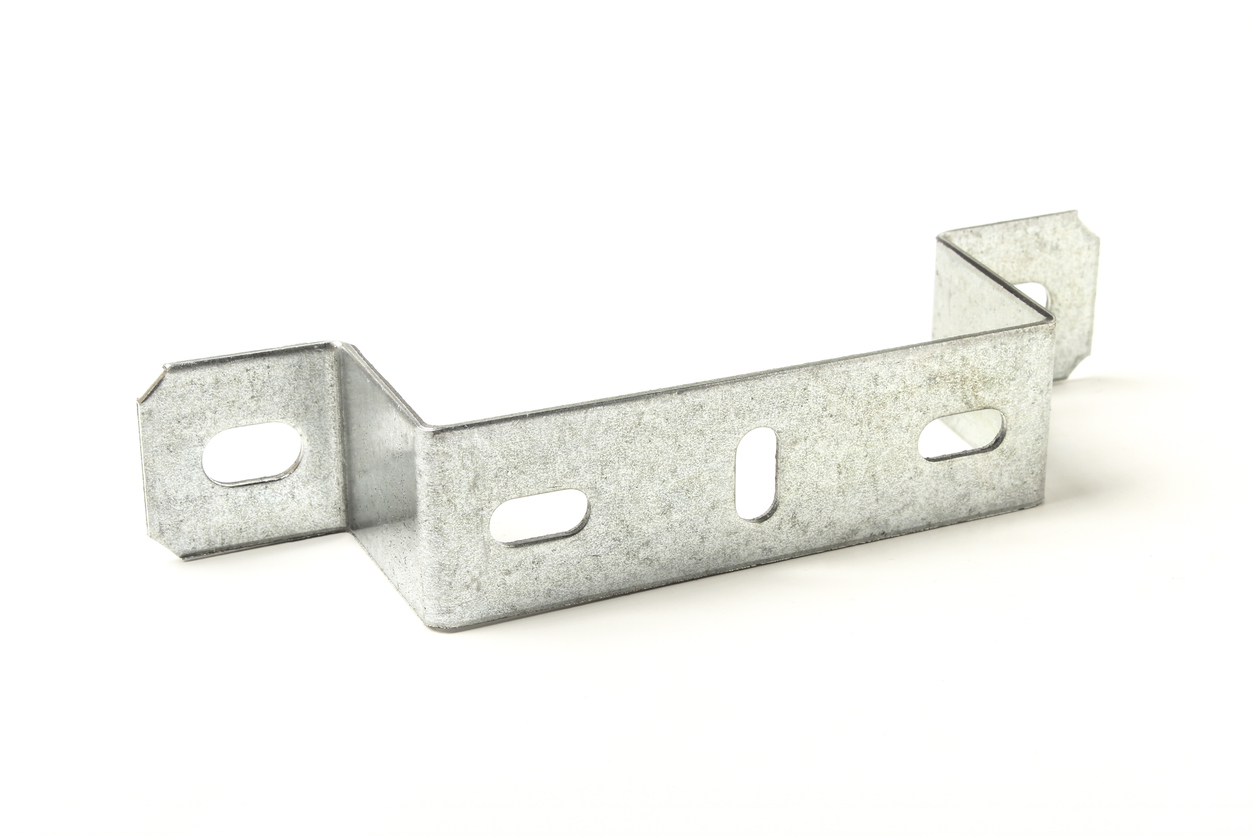How to Ship Goods from China to South Africa
How to Ship Goods from China to South Africa
South Africa is the second-largest economy in sub-Saharan Africa and a growing market for international businesses. But with import taxes and duties soaring, shipping goods from China to South Africa can be a challenging process. If you’re looking to establish new distribution channels or set up a factory in one of the region’s many free trade zones , read on to discover how you can ship goods from China to South Africa. In this blog post, we will explain the different ways of shipping goods from China to South Africa, as well as some of the most cost-effective options available right now. Having an understanding of your shipping options prior to making final decisions on where and how much you want to invest is crucial – after all, logistics costs can account for up to a fifth of your final selling price!
What to know before shipping goods from China to South Africa
Before you start looking into shipping goods from China to South Africa, it’s important to understand how goods are classified by customs. This will help you to determine which shipping method is most suitable for your goods – and ensure that you don’t make any costly mistakes while preparing your shipment. Some of the most important classifications to keep in mind are: – HS Code – Customs codes that categorize your goods according to their purpose and end use. – Weight – Most airlines will charge you based on the weight of your shipment. – Volume – Obviously, you’ll want to use the smallest possible shipping container or pallet – especially if you’re shipping via air freight! – Composition – Will your goods be subject to any import taxes or duties?
Sea freight
If you’re looking to ship goods from China to South Africa by sea, it’s important to first determine if a coastal or a long-haul route will be more suitable. Coastal shipping is often the quickest and most cost-effective shipping method – but is not suitable for every type of product. If you’re looking to take a coastal route, you’ll need to check which ports are most suitable for your shipment. It’s important to find a port that can handle your cargo’s volume and fit it into the correct schedule for loading and unloading. If you’re taking a long-haul route, it’s best to arrange your shipment at least 4-6 months in advance. This is because the demand for shipping space is highest during the Northern Hemisphere’s summer, which may cause wait times to rise. The main advantage of using a long-haul route is that you can transport larger quantities of goods at once – which will likely be cheaper than multiple round-trip coastal routes.
Air freight
Like long-haul sea freight, air freight is often the best option for heavy or large products that can’t be shipped via coastal routes. Air freight is generally more expensive than long-haul sea freight, but is often quicker and easier to organize – making it a great option for products that need to arrive in South Africa as soon as possible. If you’re shipping via air freight, it’s important to check that your goods can be classified as “electronic goods” – otherwise they may be subjected to stricter customs regulations. Another thing to keep in mind is that certain items are not allowed to be imported by air. If you’re unsure whether or not your goods are permitted to be flown into South Africa, it’s best to contact your local customs office.
Customs brokers
Customs brokers are third-party logistics companies that can help you navigate the importation process. They can also be used to expedite the clearance of your goods and make sure that everything is being done by the book. Customs brokers will take care of all the necessary paperwork for you, and often provide services that are cheaper than what your shipping company will charge. The main benefit of using a customs broker is that they can help you to avoid overstaying any import taxes or duties that may be applicable to your goods. This way, your shipping costs are kept low and you’re not faced with an unexpected expense when your goods arrive in South Africa.
Importing goods by road
If you’re importing heavy or bulky products, it might be worth considering shipping by road. Typically, this method is used for the transportation of heavy machinery, mining equipment, and other commodities that are too big for air or sea freight. Road transport is generally cheaper than air freight, but more expensive than long-haul sea transport. It’s also slower than air and sea shipping, with transit times of approximately 1-2 months. If you decide to go with road transport, you’ll need to check that your goods are allowed to be imported by that mode of transportation.
Conclusion
Shipping goods from China to South Africa is a complex process. Once you’ve established which shipping method is best for your goods, you’ll need to find a suitable shipping company, as well as a reliable customs broker. You can save time and money by choosing a shipping route that’s suitable for your product’s volume and weight. Like any other business venture, it’s important to research your options ahead of time to make sure that your goods arrive in South Africa on time and at the best possible price.








LEAVE A COMMENT
You must be logged in to post a comment.